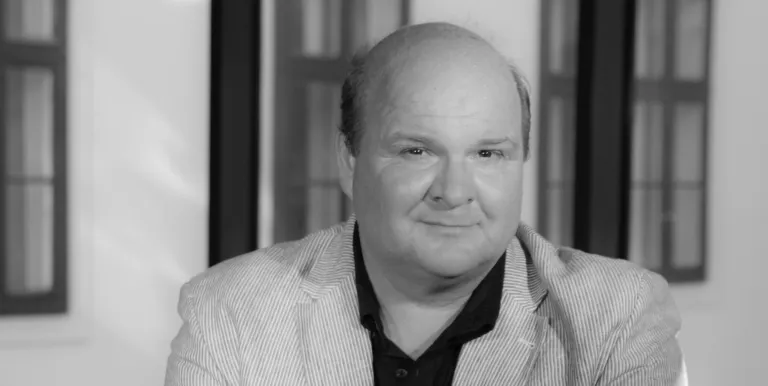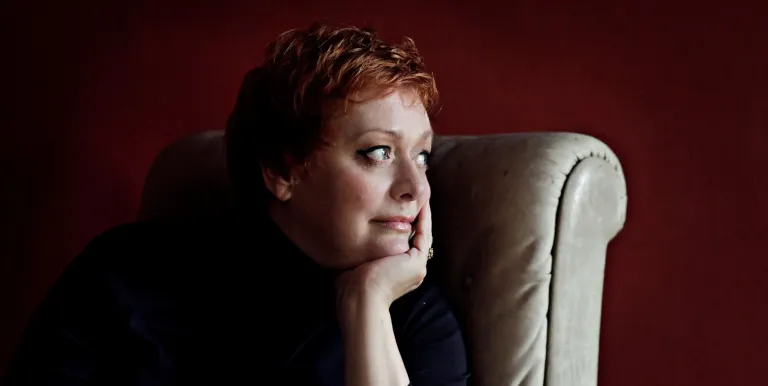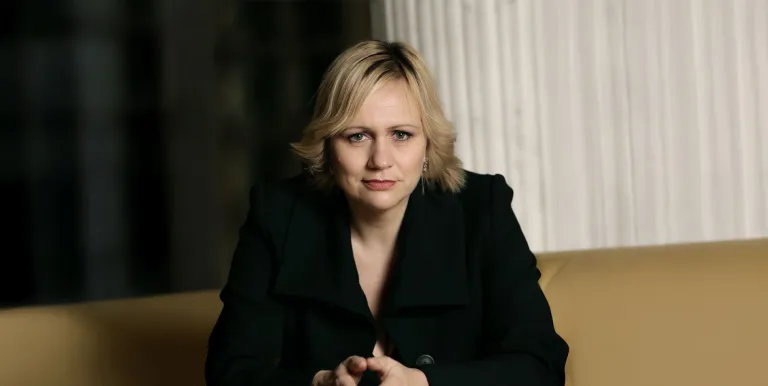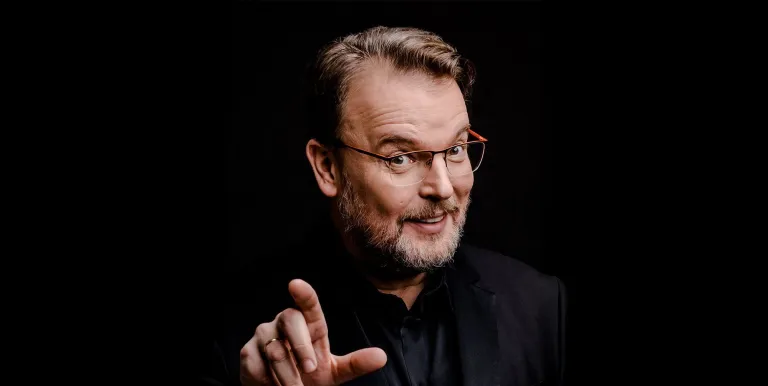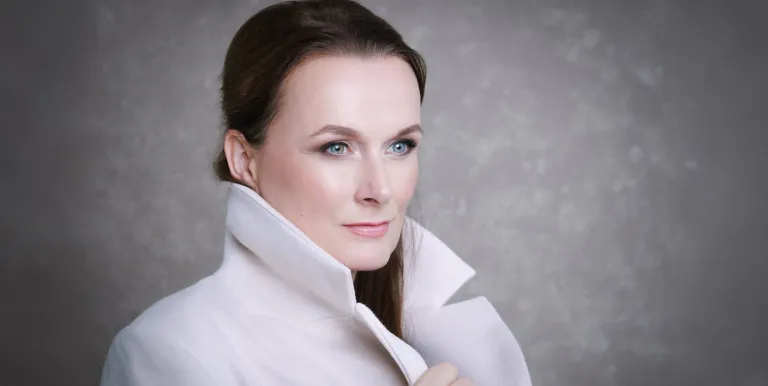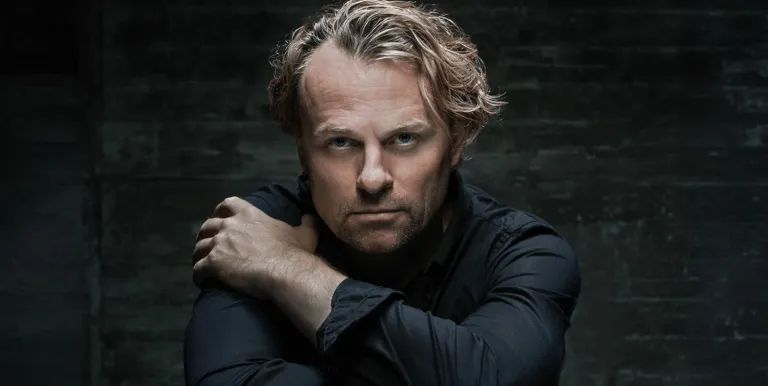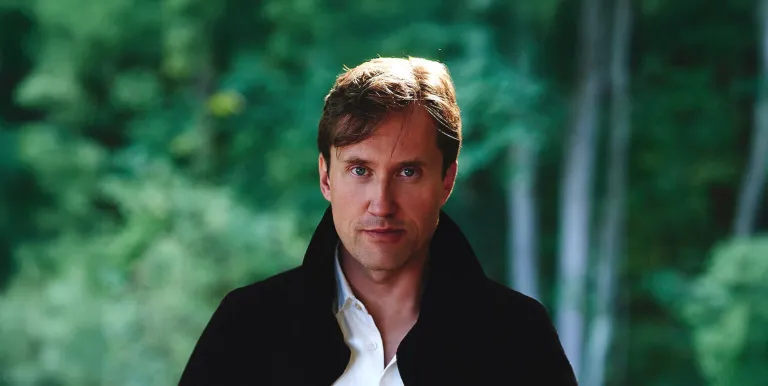one interval
Conductor:
Featuring:
Creator:
Wagner
Der fliegende Holländer - „Mit Gewitter und Sturm” (Steersman's song from Act 1)
Wagner
Der fliegende Holländer - „Die Frist ist um” (The Dutchman's monologue from Act 1)
Wagner
Der fliegende Holländer - „Traft ihr das Schiff” (Senta's ballad from Act 2)
Wagner
Der fliegende Holländer - „Wie aus dem Ferne” (Senta and the Dutchman's duet from Act 2)
Wagner
Der fliegende Holländer - „Steuermann! Laß die Wacht!” (Sailors' chorus from Act 3)
Wagner
Tristan und Isolde - Act 2
We're broadcasting this performance live!
In spite of the fact that the current extraordinary situation prevents us all from meeting at Müpa Budapest in person, we would still like to make the coming days nicer and more uplifting. This is why we are going to transmit our live performance, without an audience, on our website and YouTube channel.
We look forward to welcoming you to the event, through your screen!
The performance will be broadcasted on our website and YouTube channel.
Wagner's mature output begins with Der fliegende Holländer. This work is not yet a music drama: Wagner himself called it a "romantic opera". Its structure makes it suitable for performing excerpts from it as a series of highlights. This is what will be happening on this evening, with world-famous singers recalling a few important moments in the work. After the intermission, however, will come the second act of a genuine music drama: Tristan und Isolde. Two different genres from the same composer - under the inspired baton of Ádám Fischer.
"The Flying Dutchman" is based on a story by Heinrich Heine - as well as a terrible storm that Wagner experienced while travelling as a passenger on a sailing ship through the Skagerrak. Together, these both gave him the idea of a mythical sailor atoning for the sin of blasphemy who can only be redeemed by true love. Tristan und Isolde, a "proto-modern" work reinterpreting Gottfried von Strassburg's medieval novel in verse in the spirit of the philosophy of Schopenhauer is also about true love, singing about an eternal yearning that can never be satisfied. (Wagner himself did not label this one a music drama either, instead designating its genre as a "Handlung" - meaning a "drama" or "plot". In both works, death represents both the solution and release, so with this contrast between the two genres, this encounter with excerpts from these works of differing aesthetics on the same evening also promises a thought-provoking parallel, presented by such singers as the sopranos Catherine Foster and Simone Schneider, mezzo-soprano Atala Schöck, tenors Gerhard Siegel and Corby Welch, and bass-baritones Albert Dohmen and Tomasz Konieczny. In addition to its respect for the works themselves, one of the most important features of Ádám Fischer's method of conducting Wagner is how he assists the singers, meaning that we can be sure that the outstanding soloists on the stage will once again find a marvellous partner in the world-famous conductor.
Presented by: Müpa Budapest

Interjú
Korszakváltás fokozatosan
Rajna Martin, a Magyar Állami Operaház első karmestere és a Luxemburgi Filharmonikus Zenekar főzeneigazgatója társ-művészetivezetőként csatlakozik a jövőre húszéves Budapesti Wagner-napokhoz.
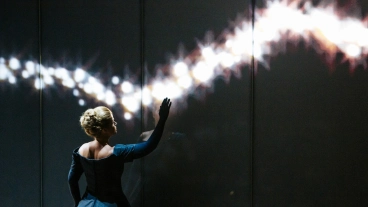
Jegyzet
Wagner-hősök nyomában
Miért nem veszi észre a naiv Siegfried az ellene szövődő ármányt, és miért kell Sentának meghalnia a bolygó hollandiért? Nézzünk egy kis Wagner-hőstipológiát a karakterek jobb megértése érdekében!





